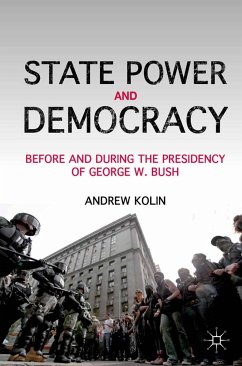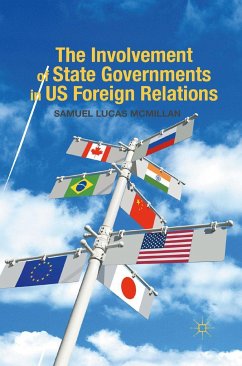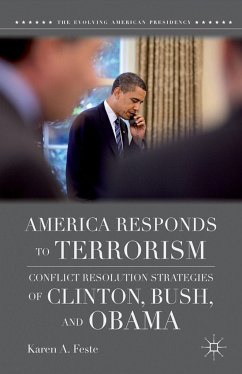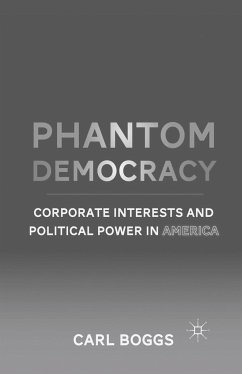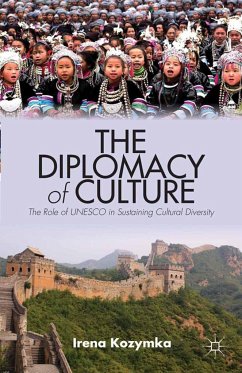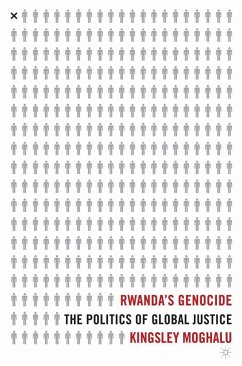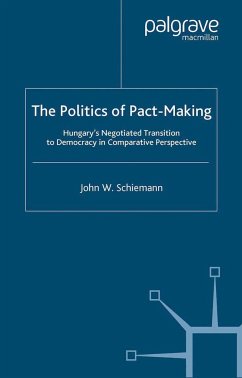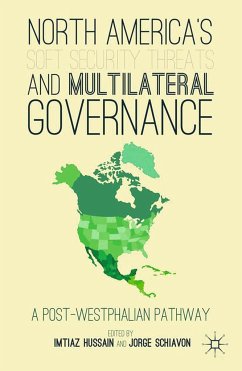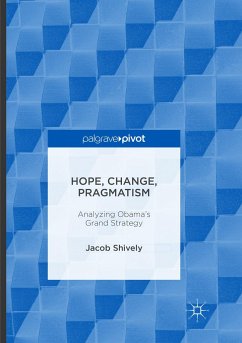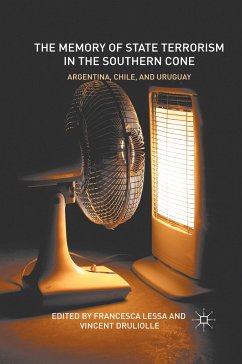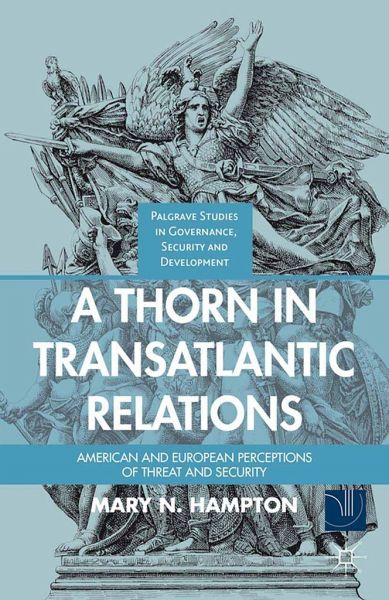
A Thorn in Transatlantic Relations
American and European Perceptions of Threat and Security
Versandkostenfrei!
Versandfertig in über 4 Wochen
52,99 €
inkl. MwSt.
Weitere Ausgaben:

PAYBACK Punkte
26 °P sammeln!
Americans and Europeans perceive threat differently. Americans remain more religious than Europeans and generally still believe their nation is providentially blessed. American security culture is relatively stable and includes the deeply held belief that existential threat in the world emanates from the work of evil-doers. The US must therefore sometimes intervene militarily against evil. The European Union (EU) security culture model differs from traditional European iterations and from the American variant. The concept of threat as evil lost salience as Western Europe became more secularist...
Americans and Europeans perceive threat differently. Americans remain more religious than Europeans and generally still believe their nation is providentially blessed. American security culture is relatively stable and includes the deeply held belief that existential threat in the world emanates from the work of evil-doers. The US must therefore sometimes intervene militarily against evil. The European Union (EU) security culture model differs from traditional European iterations and from the American variant. The concept of threat as evil lost salience as Western Europe became more secularist. Threats became problems to manage and resolve. The upsurge in anti-immigrant and anti-foreigner sentiment in the midst of economic crisis undermines this model.



